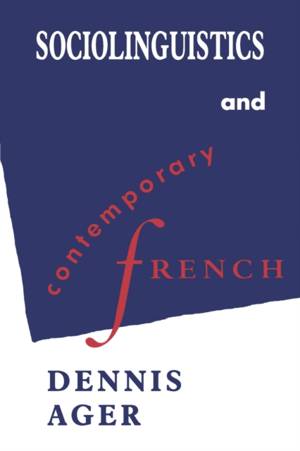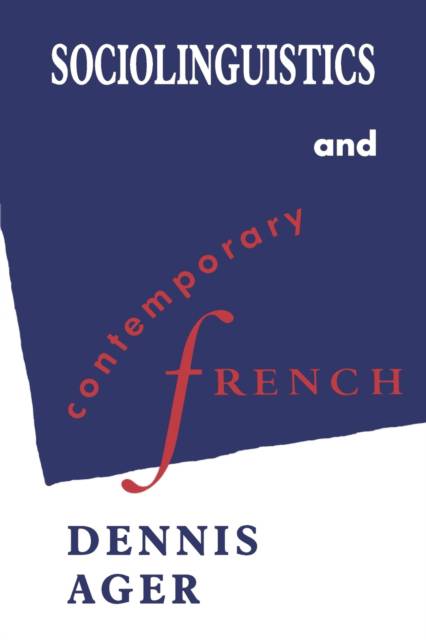
- Afhalen na 1 uur in een winkel met voorraad
- Gratis thuislevering in België vanaf € 30
- Ruim aanbod met 7 miljoen producten
- Afhalen na 1 uur in een winkel met voorraad
- Gratis thuislevering in België vanaf € 30
- Ruim aanbod met 7 miljoen producten
Omschrijving
After a brief historical introduction and a review of approaches to regionalism, Professor Ager looks at such questions as the conflicts between standard French and regional languages such as Breton; the changing role of French in the world; the distinctiveness of social and professional varieties such as the language of the working class, scientists or immigrants; and language variation correlating with interactional factors such as formality or medium. A final chapter deals with language attitudes, with language policy and language planning.
This lively introduction sets language information in its social context and shows how to investigate and evaluate both language variation and the social and political reaction to it. It will be welcomed by students and teachers alike.
Specificaties
Betrokkenen
- Auteur(s):
- Uitgeverij:
Inhoud
- Aantal bladzijden:
- 280
- Taal:
- Engels
Eigenschappen
- Productcode (EAN):
- 9780521397308
- Verschijningsdatum:
- 31/05/1991
- Uitvoering:
- Paperback
- Formaat:
- Trade paperback (VS)
- Afmetingen:
- 154 mm x 230 mm
- Gewicht:
- 462 g

Alleen bij Standaard Boekhandel
Beoordelingen
We publiceren alleen reviews die voldoen aan de voorwaarden voor reviews. Bekijk onze voorwaarden voor reviews.











